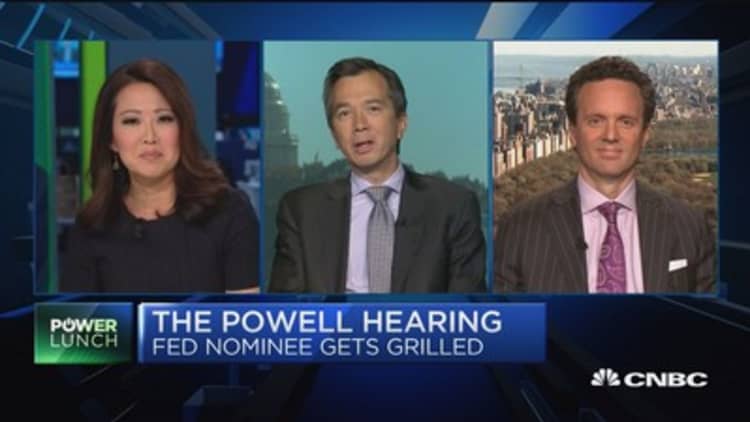
Natixis chief economist Joe LaVorgna had been a big proponent of tax reform – but he thinks the current Republican bill is "bad policy."
"This tax bill, in my opinion, is terrible," he said in an interview with CNBC's "Power Lunch" on Tuesday. "I don't like the plan. We're passing it just to pass it. It will not really do much of anything for growth."
Republicans contend their tax reform bill would spur economic growth.
The Senate Budget Committee advanced its bill on Tuesday, sending it to the full chamber for a vote later this week.
The Senate proposal would temporarily cut many individual income taxes while permanently reducing the corporate rate. It would also change or eliminate some popular deductions.
The final Senate bill will ultimately be reconciled with the House bill.
"The reason it won't work is the corporate already has a very high profit share to GDP," LaVorgna explained.
"That's not saying that corporate tax rates shouldn't come down and there shouldn't be removal of loopholes. But to sell this as a stimulus package is absurd. Companies have the money to spend, they're just not spending it. They're buying back stock. They'll do more of that."
A recent survey of top economists by the University of Chicago's business school showed only 2 percent agreed that the GOP tax cuts would substantially boost the economy by 2027; 51 percent disagreed.
Tax reform aside, LaVorgna said he's "reasonably upbeat" on growth next year thanks to "animal spirits" that have come with deregulation.


